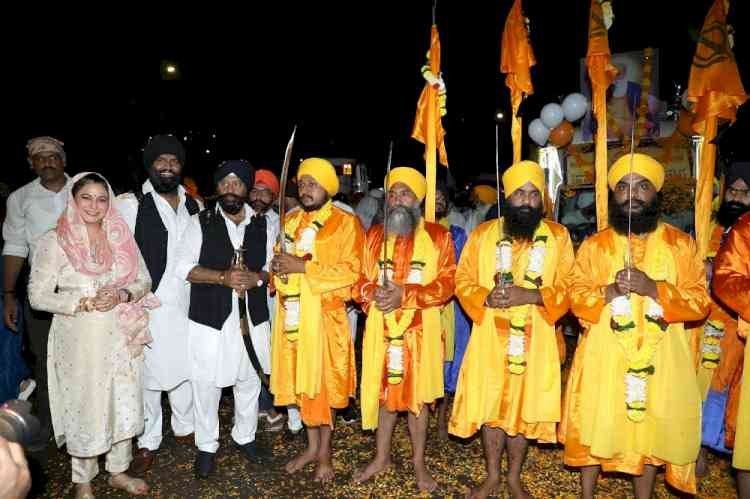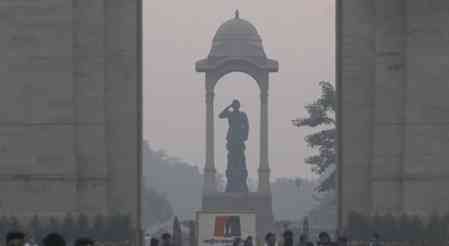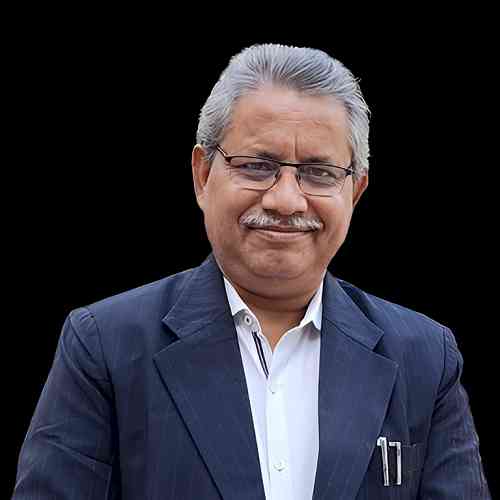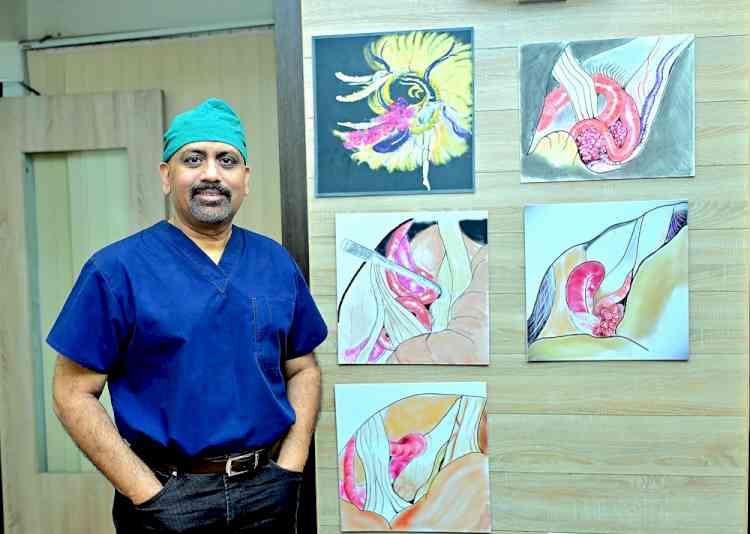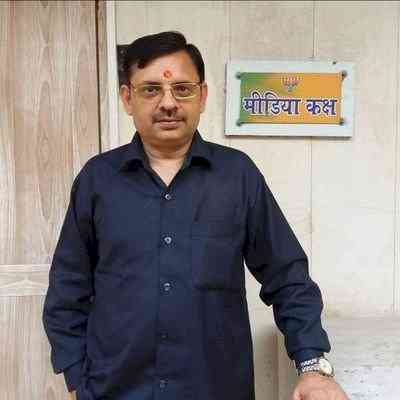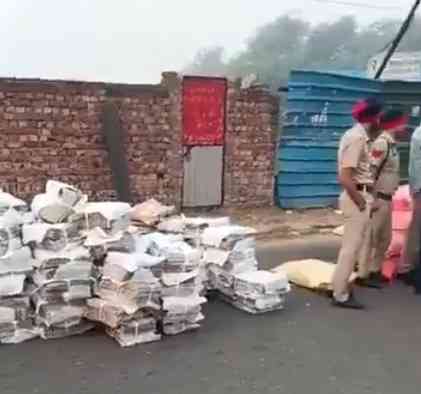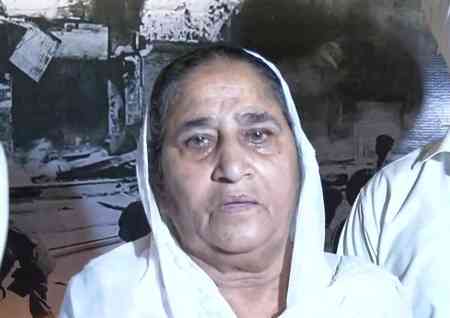NHRC chief bats for fighting discrimination against Trans people
Calling for greater social acceptance, NHRC Chairperson Justice V. Ramasubramanian said on Thursday that Trans people experience widespread discrimination and stigma in the health sector, schools, employment and housing, as well as in accessing washrooms.
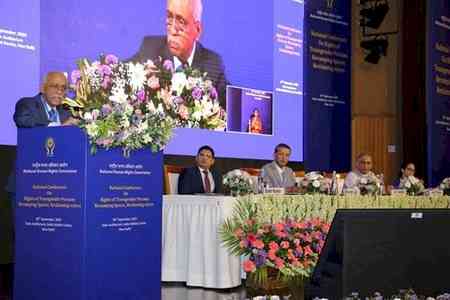
New Delhi, Sep 4 (IANS) Calling for greater social acceptance, NHRC Chairperson Justice V. Ramasubramanian said on Thursday that Trans people experience widespread discrimination and stigma in the health sector, schools, employment and housing, as well as in accessing washrooms.
Addressing a day-long National Human Rights Commission (NHRC) conference on the ‘Rights of Transgender Persons: Revamping Spaces, Reclaiming Voices’, Justice Ramasubramanian said that, fortunately, India is far ahead of several other countries in recognising the rights of transgender persons.
He said that in India, the legislative, executive and the judiciary have come together to transform the philosophy of Upanishads into a Constitutional theme and then to translate the same into a court order followed by a Parliamentary law in the shape of the Transgender Person (Protection of Rights Act, 2019).
“However, the constitutionality of Sections 4, 5, 6, 7, 12(3), 18(a) and 18(d) is currently under challenge before the Supreme Court of India. It is in this context that the NHRC is hosting this National Conference as a segment of our population estimated as per the 2011 census, to be around 4.88 lakh, cannot be left out of the mainstream,” said Justice Ramasubramanian.
Ministry of Social Justice and Empowerment (MoSJE) Secretary Amit Yadav said that in line with the guiding principles in Articles 14, 15 and 16 of the Constitution, the government is committed to ensuring that nobody, including Transgender persons, is discriminated against.
Yadav said that the Government has also started skill and vocational training for them to ensure their employment as per the 2019 Act provisions, and the first batch of trained transgender persons is about to complete this training.
The government is also organising Rozgar melas for Transgender persons. More partnership with the private sector is needed for this purpose, he said.
The government is further working on revising its welfare schemes, and it is looking forward to suggestions, and funds are not a challenge.
He said their grievance redressal mechanism will be strengthened in the coming months, and the MoSJE is also working with the Department of Education to sensitise children about the issues of Transgender persons and build awareness in an effort to collectively work towards their rights for equal opportunity, dignity and inclusivity.
An NHRC report — Transgender Persons: Revamping Spaces, Reclaiming Voices – Insights from Garima Greh Shelters and Beyond – was also released.
The report emphasised on strengthening of the Garima Greh initiative, besides suggesting several key reforms.
It said that all states should activate Project Monitoring Committees (PMCs), with clear delegation of responsibilities to district officials and appointment of police focal points for transgender issues.
Timely release of funds must be ensured, along with revised allocations for food and beneficiaries, context-specific financial models for urban and rural shelters and infrastructure support through one-time grants, it said.
Staffing structures should align with market standards, with rationalised roles to prevent overburdening. Shelter heads must be empowered to assist with transgender ID card issuance through simplified, privacy-sensitive processes, it said.
--IANS
rch/dan


 IANS
IANS 

